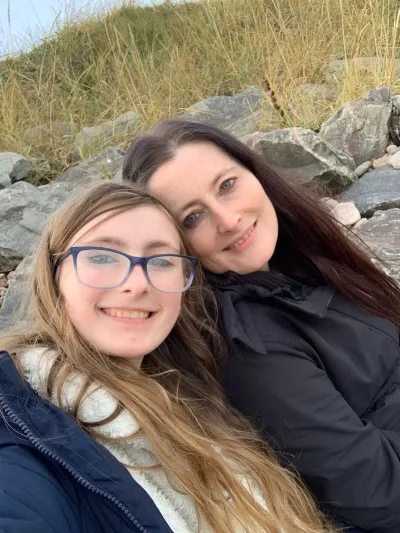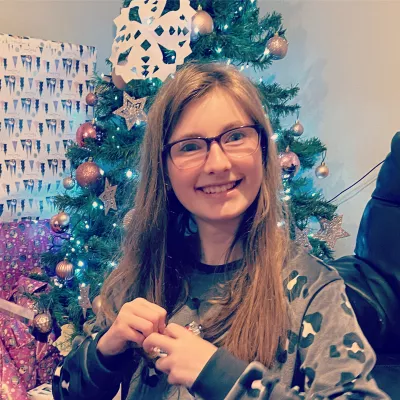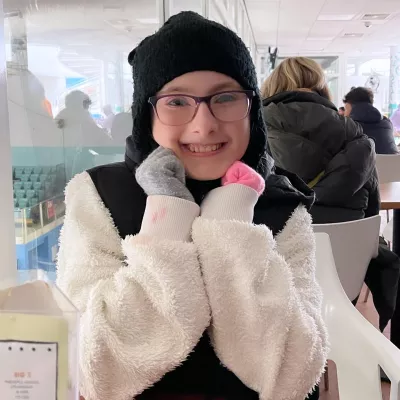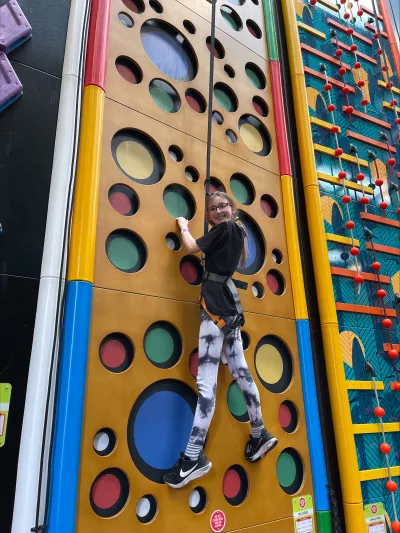When Lexi was four, her mum Sarah noticed something wasn’t right. Lexi would “zone out” and seem to freeze for a few seconds. Sarah had worked with children with disabilities before, so she thought these might be seizures. She asked for help, but people didn’t believe her.
Please can you take me seriously? We were not taken seriously.

The school said Lexi was just tired. Sarah was told to “be a better parent”. But Sarah knew her daughter. She kept asking for help. One day, a speech therapist saw Lexi have several blank episodes in just 20 minutes. Suddenly, everyone realised something was wrong.
Sarah finally got a referral to see a doctor. It took five months to get an appointment. The doctor listened and sent Lexi for an EEG test. After more waiting, Lexi was diagnosed with epilepsy.
It was like the rug had been pulled. Our world at the bottom of our world was falling away from us.
Sarah felt angry, sad, and alone. She wanted to tell everyone who hadn’t believed her, “See, I told you!”
Lexi’s epilepsy is hard to control, especially at night. She sometimes runs around screaming and can’t be calmed down. Sarah and her family had to learn about emergency medicines and how to keep Lexi safe. It was scary, but they did it together.
Night times were absolutely horrendous for us.

School was tough. Lexi struggled to learn and was refused extra help at first. Sarah didn’t give up. She pushed for Lexi to get an Education Health and Care Plan (EHCP). After a long fight, Lexi got the support she needed and moved to a specialist school.
I pushed and pushed and pushed.
Now, Lexi is 14. She still has seizures, but she doesn’t let epilepsy stop her.
She wears the epilepsy diagnosis as a badge. Yep, I’ve got this. I’ve got seizures. Look at me.

Sarah says it’s normal for parents to feel worried, sad, or even angry. Getting support from epilepsy nurses made a big difference.
You almost go through, like a grief cycle. You go through these periods of stress and denial and, you know, and anger. And it is like a grief cycle because you feel you’ve lost something and it is grief.
Sarah’s story shows that families are not alone. There are ups and downs, but with help and determination, things can get better. If you’re starting your epilepsy journey, remember: you are not alone.
Watch or listen to the full episode wherever you get your podcast.





